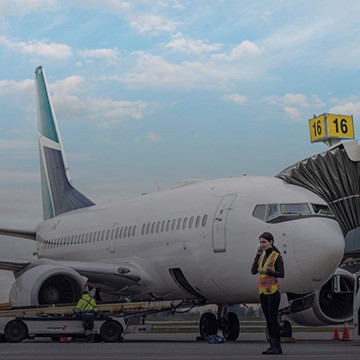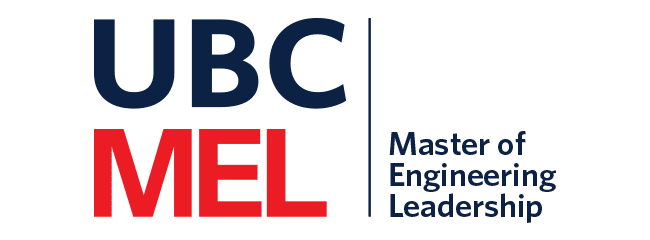Bringing digital tools to material choices

Advanced Materials Manufacturing: Industry Challenges
By Warren Poole, an instructor in the MEL in Advanced Materials Manufacturing program
Modern manufacturing is increasingly happening in the digital world. Whether designing a new part, introducing a new material or modifying an assembly process, engineers rely on robust digital tools to simulate production processes and explore potential impacts before investing potentially millions of dollars in changes to a production line.
One of our goals with the Master of Engineering Leadership in Advanced Materials Manufacturing program is to build our students’ knowledge of the latest simulation and modelling tools. We also want them to have an understanding of how these tools are developed so they can use them intelligently and critically in future applications. Here, students benefit from the expertise of UBC researchers affiliated with this postgraduate program – Anoush Poursartip, for example, has created materials knowledge platforms used in software tools for composite processing and is one of our instructors.
Over the course of the 12-month program, students build on their skills and knowledge to work on several major projects that are connected to key industry challenges and issues. For example, we ask them to design a door-inner for a major automotive manufacturer, and they do that using a commercial simulation program running a finite element model provided by to us by the manufacturer. That’s a great opportunity for our students to use real data in their work to design the part. They also work with Dr. Daan Maijer on an aluminum wheel casting project for Toyota. A final project involves designing a process for a composite part for an airplane, under the direction of Dr. Anoush Poursartip who has collaborated with Boeing for more than 30 years.
Measuring the life-cycle impact of materials choices is another issue of increasing importance in the manufacturing industry. In the automotive sector, for example, there’s a push to use lighter materials as a way to reduce the carbon intensity of vehicles by increasing fuel efficiency for gas-powered vehicles or the driving range for electric vehicles.
But understanding the true cradle-to-grave impact of our material choices may reveal a different story – those materials might come with a huge carbon impact before they’ve even arrived at the car factory. Students in the MEL in Advanced Materials Manufacturing program deepen their understanding of life-cycle analysis and materials choices through a case study taught by a leading expert in this field, Lindita Bushi, who spearheaded the development of the Canadian CSA standard for life-cycle assessment of auto parts. Students look at the energy use and carbon emissions impacts of building an aluminum door-inner – from mining bauxite and smelting it to create aluminum to the operation of the vehicle over its entire lifespan. Understanding these impacts is the first step in figuring out how they might be minimized, including at end-of-life, and whether the material can be reused, recycled or recovered.
These life-cycle analysis skills will only become more important to our profession as the pressure to reduce environmental impacts of manufacturing materials and processes becomes more acute. It also emphasizes the important role of digital simulation software, as the economic and production impacts of changes in materials can be explored through trial and error before they are rolled out on a production line.
Materials engineering researchers at UBC have a long history of working alongside leading industry partners to develop the next-generation of products and processes that keep multinational automotive and aerospace companies at the leading edge. Our students in the Advanced Materials Manufacturing program benefit from this depth of expertise and from courses that are very much grounded in today’s industry challenges and issues.
Advanced Materials Manufacturing
Develop new technical and business skills and accelerate your career in this rapidly moving field.
Read MoreFeatured Faculty and Staff

DR. CASEY KEULEN
Featured Faculty and Staff

DR. CHAD SINCLAIR
Advanced Materials Manufacturing
Develop new technical and business skills and accelerate your career in this rapidly moving field.
Read MoreFeatured Alumni

Maryam Khodabakhsh
The MEL in Advanced Materials Manufacturing enabled Maryam Khodabakhsh to refresh her technical skills and gain a new understanding of business strategy and leadership. She’s now contributing her expertise to a company focused on transforming the supply chain for lithium-ion batteries.

